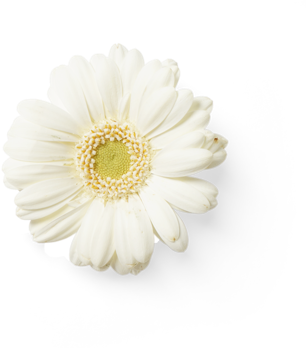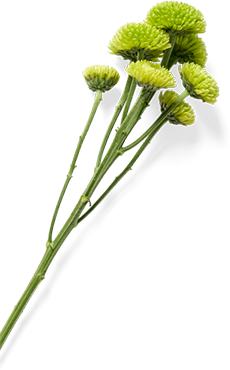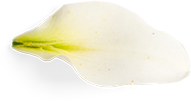Essential oils are volatile, oil-soluble and liquid aroma compounds from natural sources such as plants. They are most commonly obtained by steam distillation from plant material (roots, stems, seeds, fruits or flowers). An essential oil is “essential” in the sense that it contains the “essence of” the plant’s fragrance.
Common questions



Basically, “less is more” applies. Top-quality essential oils are incredibly strong and effective. Only start with a small amount and gradually add. Remember that not only is excessive use of essential oils an unnecessary waste of the product, it may also increase the risk of adverse reactions.
Never heat essential oils with a fire or candle as this will destroy their therapeutic properties. Use a cold steam diffuser or inhale them directly from the palms – just put a few drops of EO in your palms, place them on your face and breathe deeply. You will feel the effect in just a few minutes.
If essential oils are exposed to light for a long time, polymerization occurs. This chemical reaction turns small therapeutic fragrance molecules into larger ones which no longer boast the original healing abilities. To prevent this, oils should be stored in dark, opaque glass containers.
When exposed to air for a very long time (days or weeks), essential oils oxidize and their chemical composition changes.
There are many companies on the market that offer essential oils, and not all of them perceive the message of nature as something untouchable. Sadly, oils are often falsified, diluted and adjusted with synthetic oils and additives such as vanillin. In such cases, the oil has little to no therapeutic effect and its use can even be dangerous to health. Before using any essential oil, ask about its history and the origin of the company that produces it. In a bid to supply plant oils of consistent quality, Young Living follows a system of standards known as Seed to Seal® that guarantees you only get the best nature has to offer. No synthetics, contaminants, cheap fillers, or additives are ever used. You may refer to our About Production page for more detailed information.
The shelf life of pure therapeutical-grade essential oils, which are properly stored and tightly sealed, has been calculated for at least centuries. If the oil is mixed with a carrier oil, its durability is in the order of several years.
In general, allergies should not occur if you follow the recommended dosage and dilute the oil as prescribed. If your skin burns at the application site after using the oil, it may be more sensitive to it. Apply a carrier oil to this area and the reaction will calm down. In case of an adverse reaction, do not try to wash the oil: essential oils are not water-soluble. If you have a sensitive skin or are unsure if essential oils are good for you, consult with a healthcare specialist before using them.
Yes, they do. If you know you will be exposed to the sun during the next 24 hours, avoid applying any citrus oils such as grapefruit, orange or lemon to your skin.
Diffusers
Essential oil diffusers and humidifiers are not the same. While an Essential Oil Diffuser can put moisture in the air, most will only add a small amount of humidity to the room. There are few essential oil diffusers that add enough moisture to the air to be thought of as a humidifier.
You may use any mild, non-toxic cleaner of your choice to clean the diffuser. Any cleaner that is considered corrosive (such as bleach, strongly acidic cleaners, etc.) should be avoided. Please note, if the diffuser has a metal ultrasonic plate, use rubbing alcohol to clean the plate as instructed in the product manual.
Essential oil diffusers are excellent tools to get beneficial essential oils into the air, where their effects can be felt. They have long been used in aromatherapy treatments as they help to cleanse the air and promote soothing feelings in the environment.



